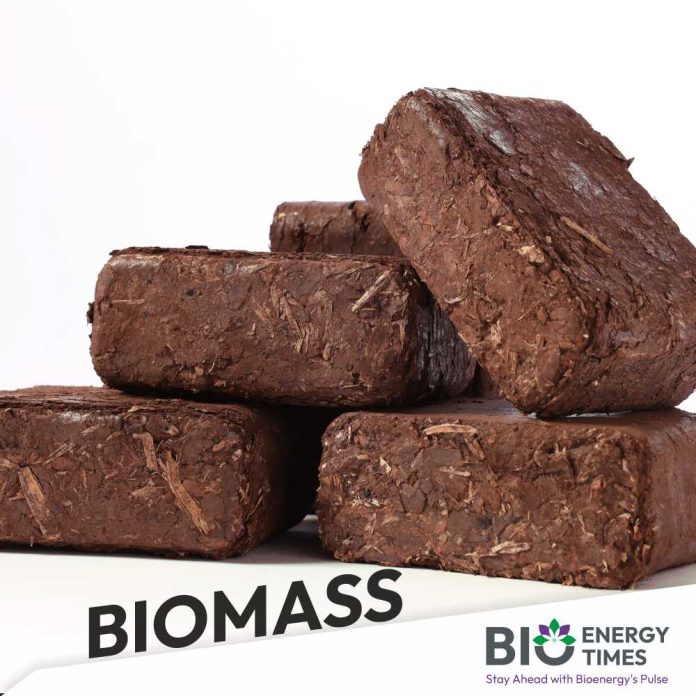A new type of self-healing asphalt, powered by artificial intelligence and made partly from plant waste, could revolutionize road maintenance and save governments millions. Researchers from Swansea University and King’s College London, in collaboration with Chilean scientists, are developing this innovative material to tackle the persistent problem of potholes, reports The Pinnacle Gazette.
Potholes, often caused by water seeping into cracks in the asphalt and freezing, cause significant vehicle damage and require frequent, costly repairs. In the UK, pothole repairs cost taxpayers an estimated £143.5 million annually. Lab tests show the new asphalt can completely repair small cracks in under an hour, reversing damage caused by the breakdown of bitumen, the sticky substance that binds asphalt. This not only promises quicker repairs but also a more sustainable approach to road construction.
“We are proud to be advancing the development of self-healing asphalt using biomass waste and artificial intelligence,” said Dr Jose Norambuena-Contreras, a senior lecturer at Swansea University. “This puts our research at the forefront of sustainable infrastructure innovation, contributing to the development of net-zero roads with enhanced durability.” The research uses advanced machine learning to analyze how bitumen behaves at a molecular level, enabling better predictions for road maintenance.
The self-healing process is enhanced by adding tiny, porous plant-based capsules filled with recycled oils. When cracks form, these capsules break open, releasing the oil and sealing the damage. This approach could shift road maintenance from simply reacting to potholes to proactively preventing them.
Using Google Cloud technology, the researchers have been able to simulate how bitumen behaves under different conditions, helping them find the best ways to improve asphalt performance. “Creating asphalt that can heal itself will increase the durability of roads and reduce the need for people to fill in potholes,” explained Dr Francisco Martin-Martinez of King’s College London. “We are also using sustainable materials, including biomass waste. This will reduce our dependence on petroleum and natural resources, which is especially important as we confront climate change challenges.”
With the UK aiming for net-zero emissions by 2050, sustainable asphalt solutions are crucial. Traditional asphalt production contributes significantly to greenhouse gas emissions. Using self-healing, bio-based materials could help reduce this environmental impact. The technology also offers hope for other regions facing similar road maintenance challenges.
Dr Norambuena-Contreras emphasized the need for further investment: “The UK Government and private sector must invest in initiatives driving innovation. Achieving this vision by 2050 will only be possible through the united efforts of academia, government, and industry.”
While still in development, this self-healing asphalt has the potential to reduce maintenance costs and extend road lifespan by up to 30%. The innovations behind this technology will be recognized at the upcoming CiTTi Awards.
Sustainable road management is essential, and this new asphalt, incorporating recycled materials and waste, offers both economic and environmental benefits. It demonstrates how combining advanced technology with traditional materials science can create innovative solutions to everyday problems, paving the way for a future of more durable and sustainable roads.
For detailed information and further insights, please refer to BioEnergyTimes.com, which provides the latest news about the Biomass Industry















